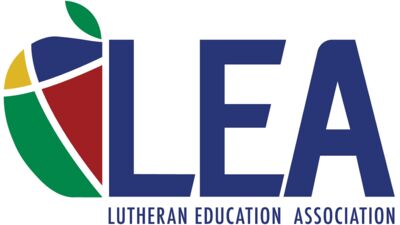What is a Geospatial Technology minor?

Geospatial technology is a rapidly expanding set of tools that allows specialists to analyze and visualize geographic data. This allows them to do many things from aiding disaster relief and surveying efforts to advancing scientific research. Concordia University, Nebraska’s geospatial technology minor program prepares students to use these skills in a variety of careers.
Geospatial technology is a field that covers the tools and techniques used to work with data that has a geographical or spatial component. Typically, this includes geographic information systems (GIS), remote sensing and global navigation satellite systems such as GPS. In addition, there has been a rise in the use of unmanned aerial systems or drones to capture imagery in the field.
Geospatial technology is used by most corporations and government agencies in some form. It is also used for navigation. Google Maps and all other navigation applications utilize GPS. In agriculture, geospatial technology is used in precision agriculture, which helps to precisely apply pesticides and fertilizers to minimize waste. Surveyors use it to locate and map property and infrastructure, and biologists use it to monitor and map a variety of species and habitats.
Concordia offers a comprehensive program to help prepare students for careers that use geospatial technology. The minor includes coursework in GIS, GPS and drone technology. Concordia is one of the few universities in the Midwest that offers a hands-on drone course. In this class, students learn to operate and collect imagery with drones. Geospatial technology minors are also required to take computer science courses which assist in developing and using technologies like drones. Some of the classes they take include introduction to geographic information systems, advanced geographic information systems, GPS and drone technology and computer programming.
Concordia students earning a minor in geospatial technology serve in a variety of fields, ranging from surveying to GIS analyst to environmental scientist. Many career fields use geospatial technology to assist with quality decision making and mapping. Career opportunities for students with experience in geospatial technology is “exceptional and growing” says Concordia professor of geography Dr. Joel Helmer.
If working with innovative technology to analyze Earth’s physical features and ecosystems, make informed decisions for things like disaster response, and furthering the technology to continue making breakthroughs in a range of fields, then a minor in geospatial technology could be right for you.
The geography program at Concordia University, Nebraska equips students through an integrative and broadly-based curriculum with a solid foundation in geographic principles and perspectives and the professional skills to put them into practice so that they can understand problems and implement solutions to improve God’s world. Learn more about Concordia’s geography program here.
Interested in Concordia Univeristy, Nebraska's geography program?
Related Stories


